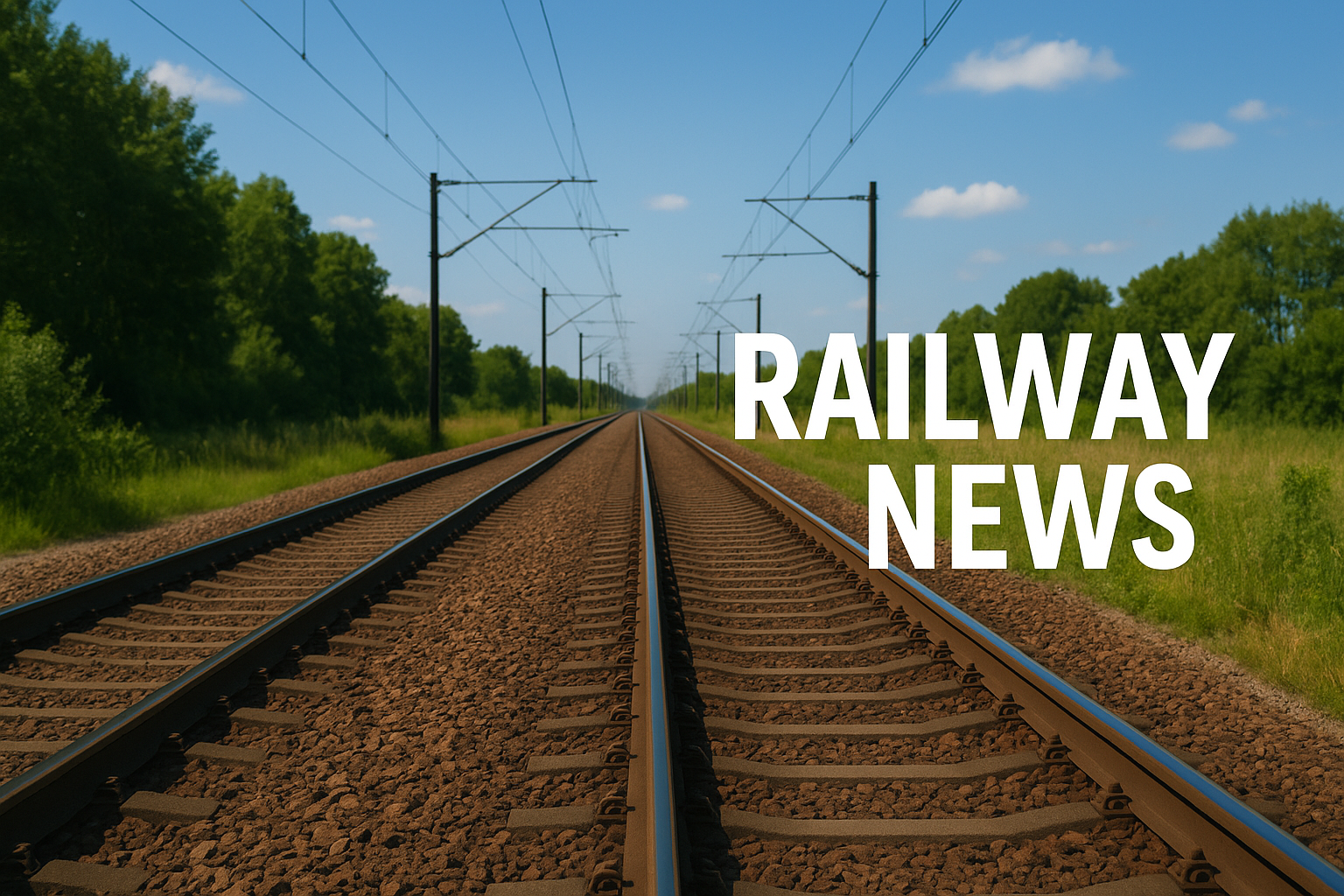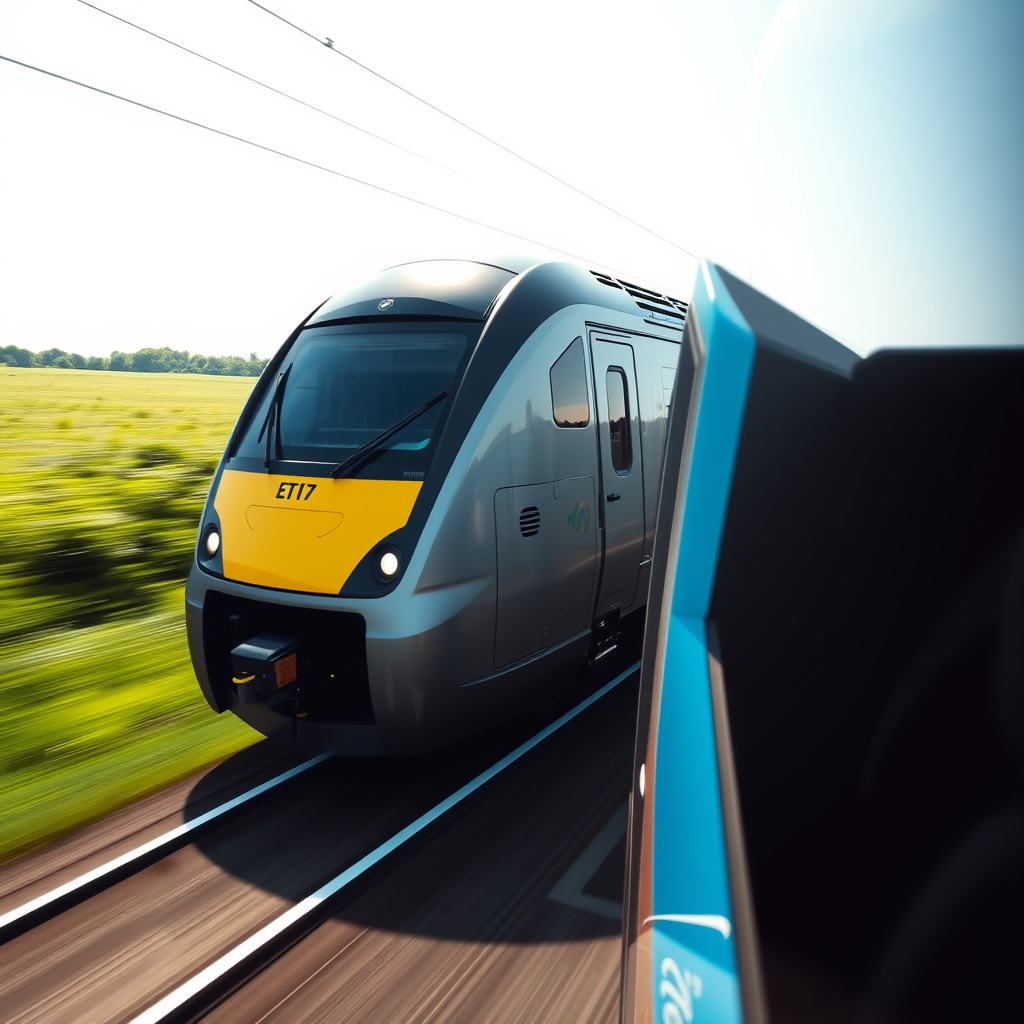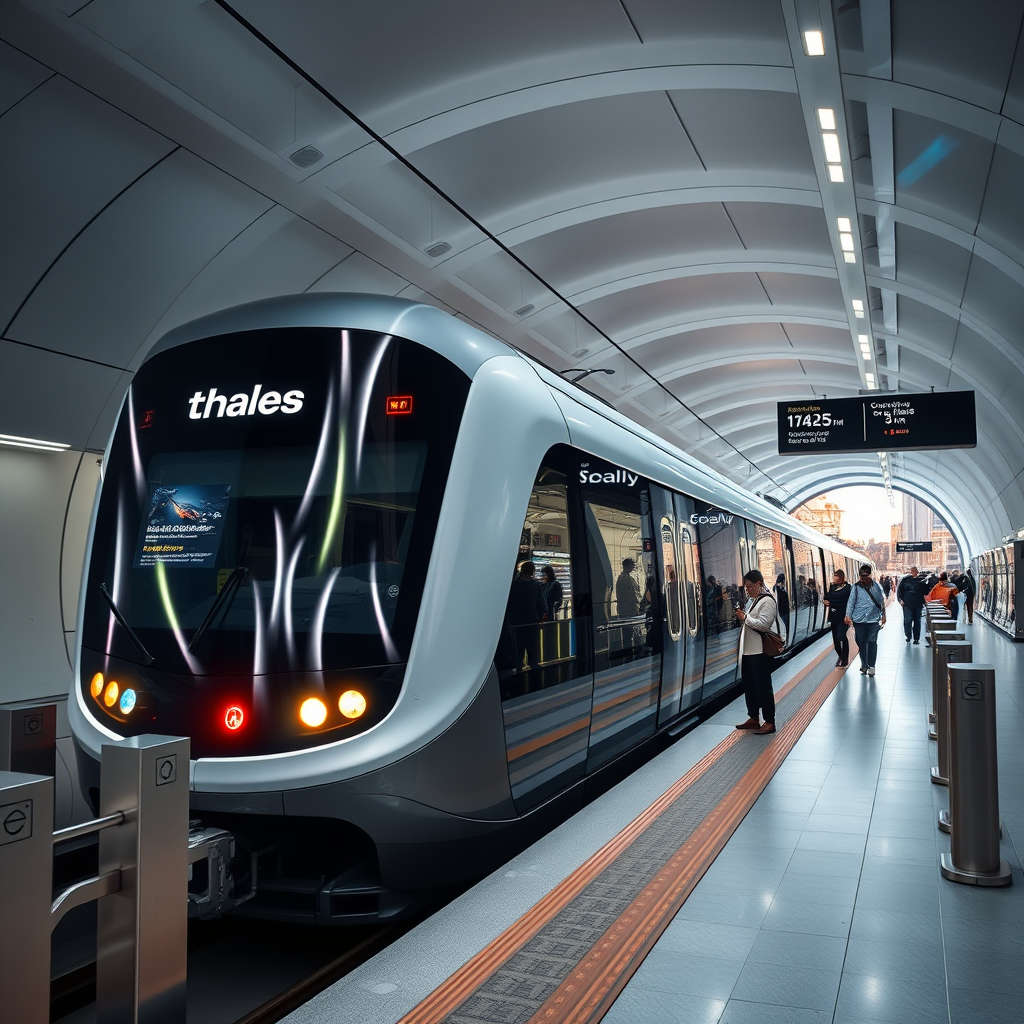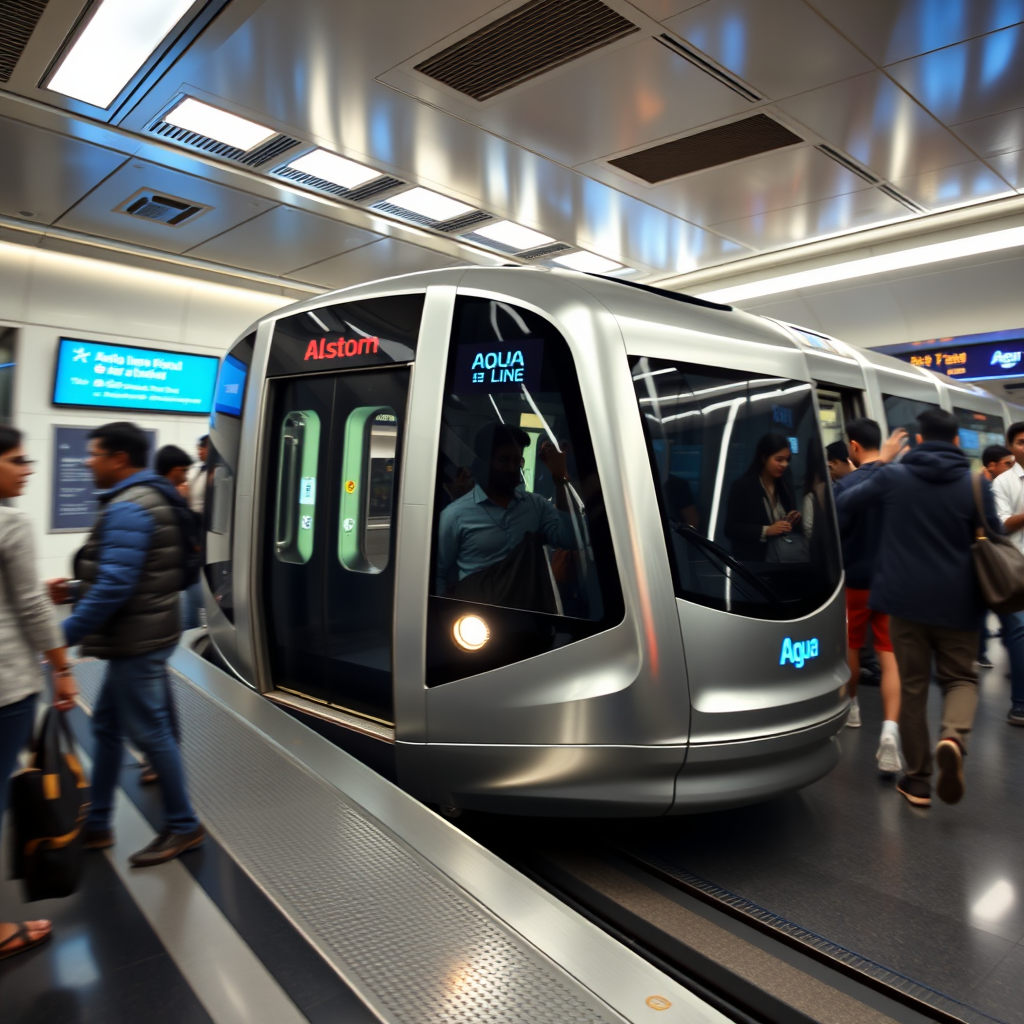Govia Thameslink: Contract Extension Analyzed

This article examines the contract extension awarded to Govia Thameslink Railway (GTR) by the UK Department for Transport (DfT), focusing on the implications for railway operations, performance targets, and future sustainability initiatives. The extension, covering the Thameslink, Southern, and Great Northern rail services, signifies a continued commitment to the existing operational structure and presents an opportunity to analyze the complexities of managing a large-scale passenger rail network. The analysis will delve into the financial aspects of the contract, exploring the balance between fixed management fees and performance-based incentives. Furthermore, the article will consider the broader context of the rail industry, examining GTR’s role in achieving environmental sustainability goals and its impact on passenger experience. The strategic implications of this contract extension for both Govia and the UK rail network will be explored, considering the future challenges and opportunities that lie ahead.
Govia Thameslink Railway Contract Extension: A Detailed Analysis
The DfT’s decision to extend Govia’s contract for a further three years, with an option for another three, reflects a degree of confidence in the operator’s performance and strategic direction. This significant commitment underscores the importance of the GTR network – the UK’s largest, encompassing 1,300km of track, 235 stations, and 516 train sets – in the national transportation system. The pre-pandemic ridership of 340 million annual passenger journeys highlights the network’s crucial role in connecting communities and facilitating economic activity. The contract’s terms, including a fixed management fee of £8.8 million annually and a performance-related fee of up to £22.9 million, create a strong incentive for Govia to prioritize operational efficiency and passenger satisfaction. This incentivized approach ensures accountability and pushes for continuous improvement in service delivery.
Financial Implications and Performance Targets
The financial structure of the contract is a key aspect to consider. The combination of a fixed management fee and a performance-related component provides a balanced approach to risk and reward. The fixed fee ensures financial stability for Govia, allowing for consistent investment in infrastructure and personnel. The performance-based component, potentially reaching a maximum annual fee of £31.7 million, incentivizes the company to meet or exceed pre-defined performance targets. These targets likely encompass various metrics, including punctuality, reliability, passenger satisfaction, and safety. The success of the contract will depend heavily on Govia’s ability to effectively manage these performance indicators, balancing the needs of passengers with the financial viability of the operation. This demonstrates a move towards outcome-based contracting in the rail sector.
Operational Challenges and Sustainability Initiatives
Managing a network of GTR’s scale presents significant operational challenges. Maintaining a reliable and efficient service across such a vast geographical area, with a workforce of 7,400 employees, requires sophisticated logistical planning and robust infrastructure. Addressing these challenges necessitates continuous investment in technology and personnel training. The contract extension provides an opportunity for Govia to further invest in these areas and to enhance its operational efficiency. Moreover, the contract mentions a commitment to a “green agenda,” indicating a focus on environmental sustainability. This likely involves exploring options for reducing carbon emissions, such as transitioning to electric locomotives and implementing energy-efficient operational practices. The adoption of more sustainable practices is not only environmentally responsible but also aligns with the growing public demand for environmentally conscious transportation solutions.
Strategic Partnerships and Future Outlook
Govia, a joint venture between Keolis and Go-Ahead Group, brings together the expertise of two major players in the global transportation industry. This partnership enhances the company’s capacity to manage the complexities of the GTR network. Keolis’ recent success in securing a contract for the Hyderabad automated metro system in India further strengthens its reputation and experience in delivering large-scale rail projects. The strategic synergy between Govia’s partners contributes to a robust organizational structure capable of handling the challenges of managing a major passenger rail network, particularly given their stated commitment to passenger-centric approaches.
Conclusion
The extension of Govia’s contract to operate the GTR network is a significant development for the UK rail industry. The contract’s financial structure, with its emphasis on performance-based incentives, creates a strong drive for operational efficiency and passenger satisfaction. Govia’s commitment to a “green agenda” underscores the growing importance of environmental sustainability in the rail sector. The company’s strategic partnerships, exemplified by the collaboration between Keolis and Go-Ahead Group, contribute to its ability to manage the complex challenges of operating the UK’s largest rail network. Looking ahead, the success of the extended contract will depend on Govia’s ability to meet its performance targets, effectively manage its resources, and adapt to evolving passenger demands and environmental considerations. This contract serves as a significant case study for the future of public-private partnerships in railway management, showcasing the potential benefits of performance-based contracts in driving efficiency and innovation within a vital public service.





